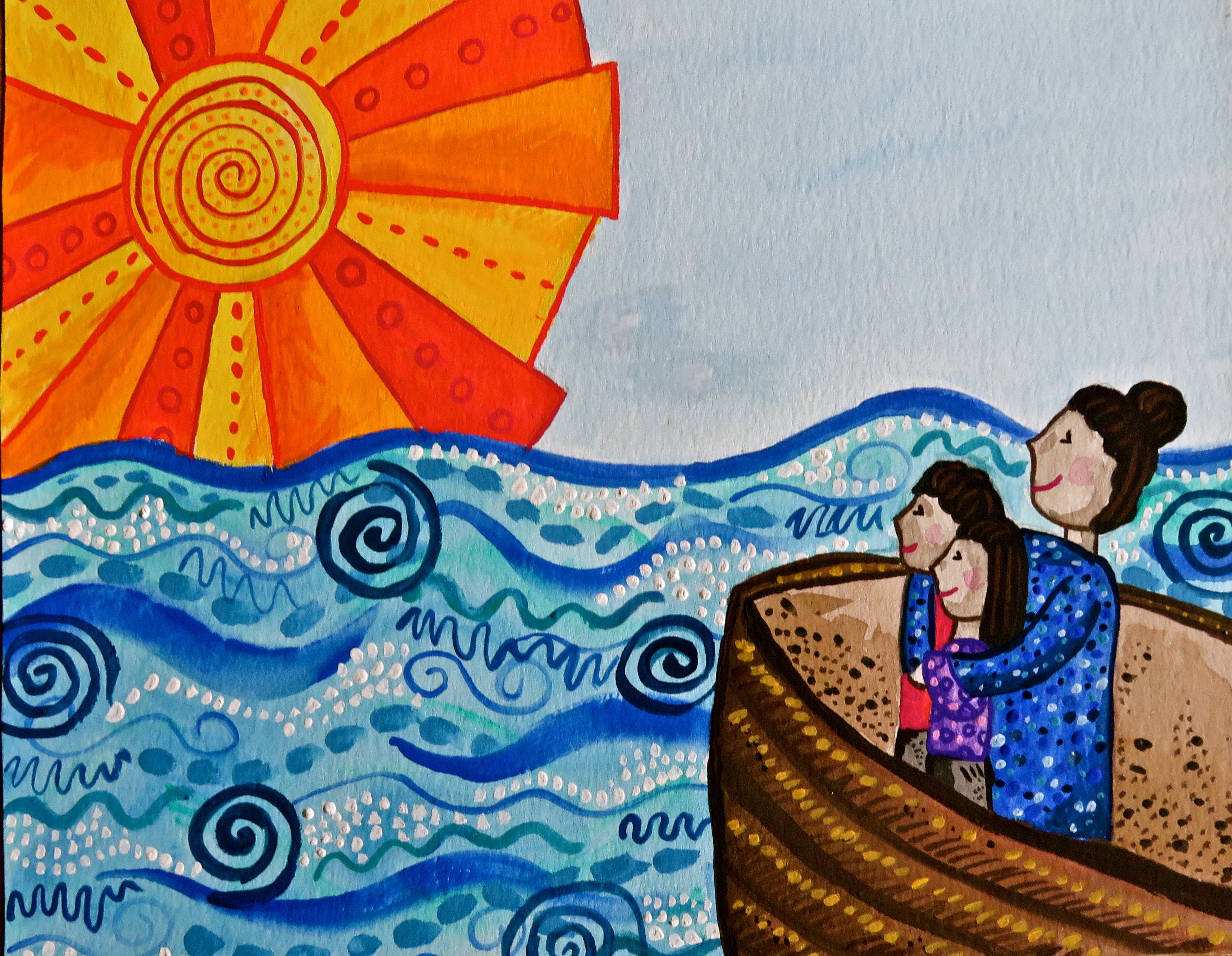About
- Our Mission
- Impacts
- History
- Donate
The Yankelovich Center brings together the campus and the community to develop workable solutions to the nation’s most pressing civic problems. It does this through an annual grant program, along with other initiatives that include boosting public engagement and strengthening democracy.
The grants are awarded to faculty and students and provide critical seed funds to launch research partnerships that address issues ranging from transportation to political disinformation to the needs of refugees. The Yankelovich Center is dedicated to serving as an incubator for innovative projects that can take root and grow with the help of grants from other organizations as well.
Among the partnerships initiated with the help of the center:
Driving a debate over transportation
UC San Diego cognitive scientist Steven Dow brought together hundreds of San Diego-area design experts, students and others to brainstorm innovative ideas aimed at improving the region’s transportation infrastructure and civic life. The initiative was dubbed D4SD, for Design For San Diego. A D4SD summit, which was held online in 2020 due to COVID-19, led to 33 proposals for addressing local civic issues, including how to reduce gas emissions in public buses and reduce injuries from electric scooters.
Dow said he wasn’t just interested in developing new ideas related to getting around, but also wanted to understand the factors that foster civic engagement and collective innovation. It also helps, he said, that San Diego “is a really exciting place to explore transportation.” The design ideas that came out of the summit are available online – and Dow plans to continue to steer the project forward.
Creating community ties that bind

When refugees from across the globe enter the United States, many come to the San Diego area first. San Diego County has one of the highest concentrations of refugees in the nation. Three UC San Diego academics – Yến Lê Espiritu with Ethnic Studies, Caren Holtzman with Education Studies and Vanesa Ribas with Sociology – saw a critical need to better link these newer and often vulnerable residents with the community and campus. With the help of a Yankelovich Center grant, they set out to build those connections.
While the onset of the COVID-19 pandemic complicated their efforts, they were able to create a website to bring together the campus and refugees, and Lê Espiritu launched an ethnic studies course called “Refugee San Diego.” In the class, refugee leaders from local community groups share their stories with students – and some students end up interning with those groups. On the website, students in the course post writings, videos and art related to the experiences of refugees settling here.
Lê Espiritu said the effort has led to lasting ties. “Our Yankelovich grant enabled us to build important connections with local refugee communities,” she said. Artwork by Maya Lê Espiritu
Boosting college instruction through new incentives
 The nation’s community colleges can significantly improve instruction with the help of new and clearly defined financial incentives, research partly funded by the Yankelovich Center suggests. Sally Sadoff, an associate professor of economics and strategic management at UC San Diego’s Rady School of Management, helped spearhead the research that included offering financial perks to instructors at a large community college system in Indiana.
The nation’s community colleges can significantly improve instruction with the help of new and clearly defined financial incentives, research partly funded by the Yankelovich Center suggests. Sally Sadoff, an associate professor of economics and strategic management at UC San Diego’s Rady School of Management, helped spearhead the research that included offering financial perks to instructors at a large community college system in Indiana.
In one experiment, instructors received $50 for each student who passed the objective course exam. In another, students were offered free tuition for one summer course. Both showed significant benefits. For example, the instructor incentives boosted exam passage rates by 19 percent.
Sadoff, who teamed up with a University of Arkansas academic on the research, said community college instruction is a relatively understudied field. Sadoff’s research helps fill that gap and provides a pathway for two-year colleges looking to boost teaching and student success.
Crafting tax policies that boost voter buy-in
 When California voters weigh tax-related ballot measures, which are more likely to pass? That question spurred UC San Diego sociologist Isaac Martin to research thousands of tax policy proposals for insights into how to design measures that voters will support. Martin combed through decades of ballot propositions and found some common threads: The more successful included measures that boosted financial accountability, including sunset clauses and the formation of community advisory committees to oversee spending.
When California voters weigh tax-related ballot measures, which are more likely to pass? That question spurred UC San Diego sociologist Isaac Martin to research thousands of tax policy proposals for insights into how to design measures that voters will support. Martin combed through decades of ballot propositions and found some common threads: The more successful included measures that boosted financial accountability, including sunset clauses and the formation of community advisory committees to oversee spending.
“Over time, more and more local governments in California are including these accountability features,” Martin said. In California, state and local improvements in schools, transportation and other key services often hinge on ballot approval.
While the Yankelovich Center funded Martin’s initial research, the National Science Foundation later provided $400,000 in grants to sustain it. Martin continues to research the issue and, thanks to his work, the UC San Diego now has the largest archive of tax-related ballot measures in the state.